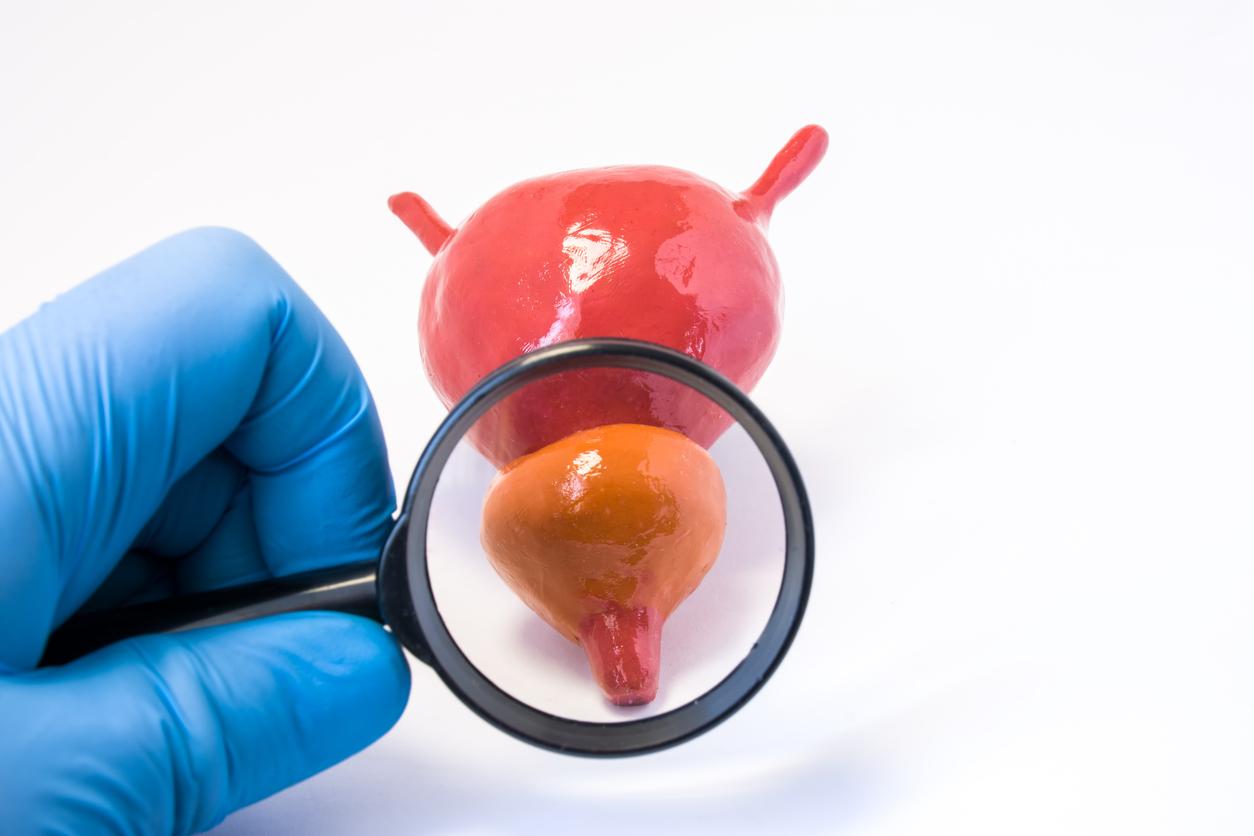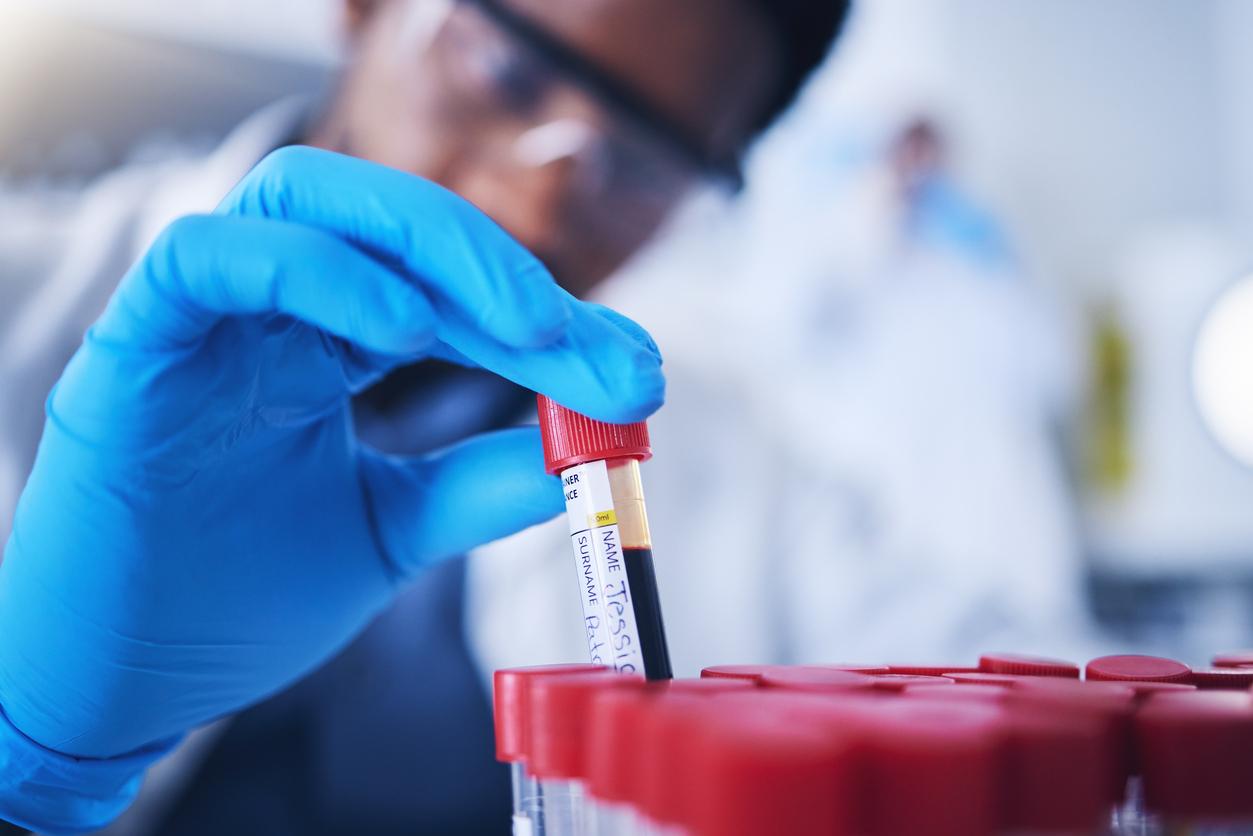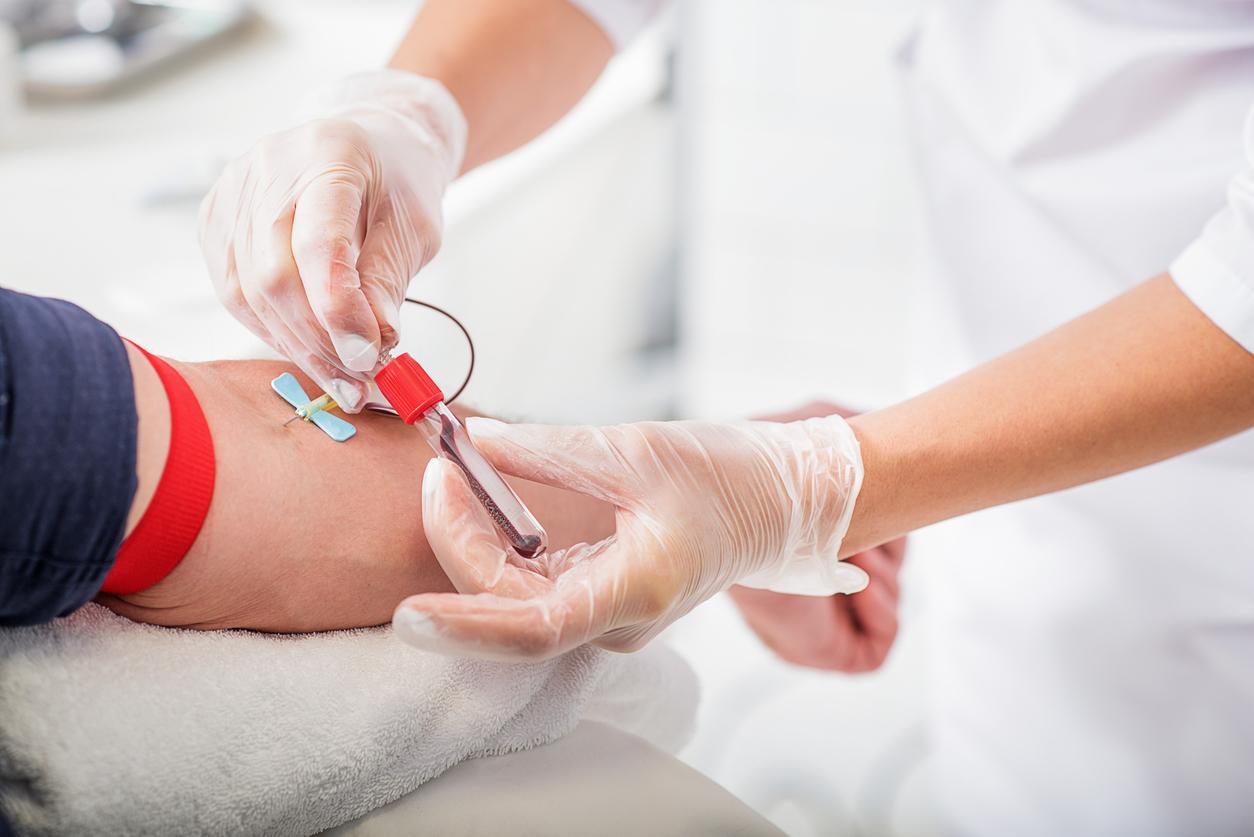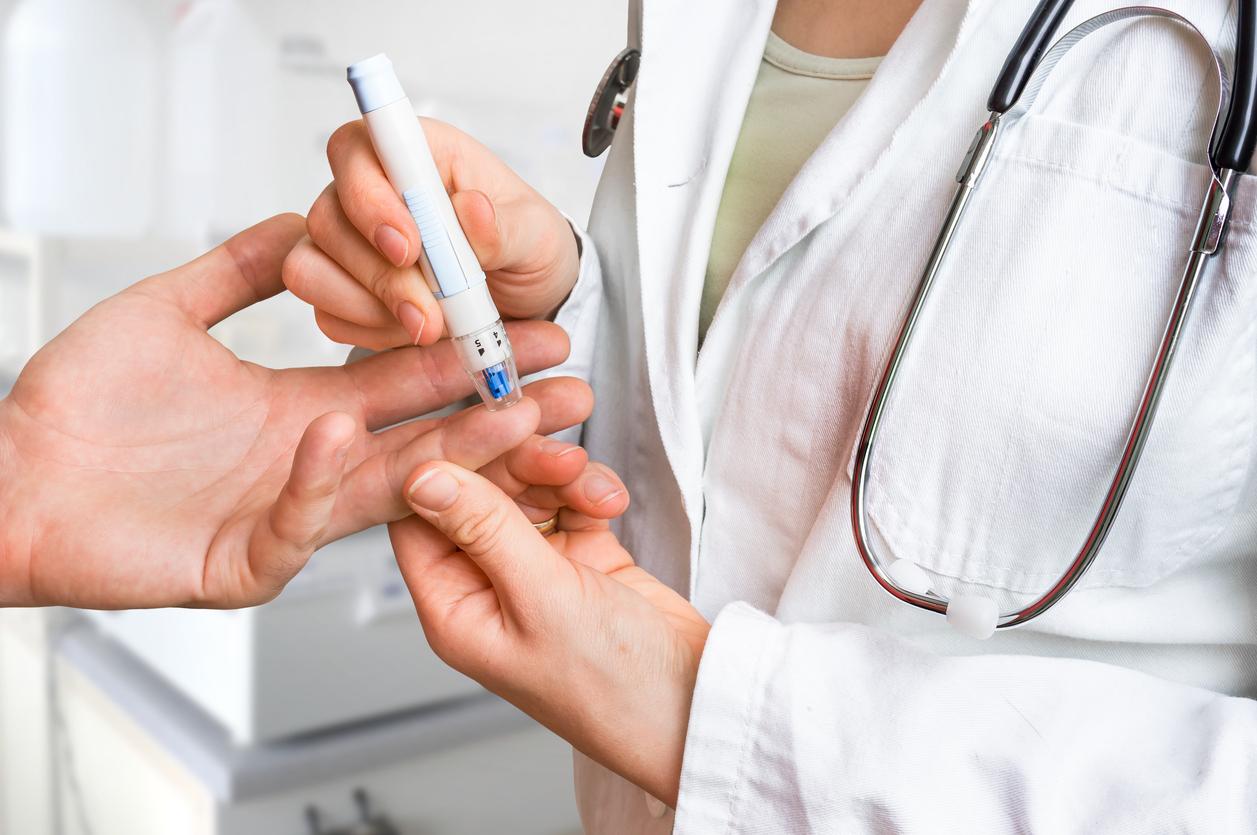Researchers have developed a test that can determine a person’s biological age.
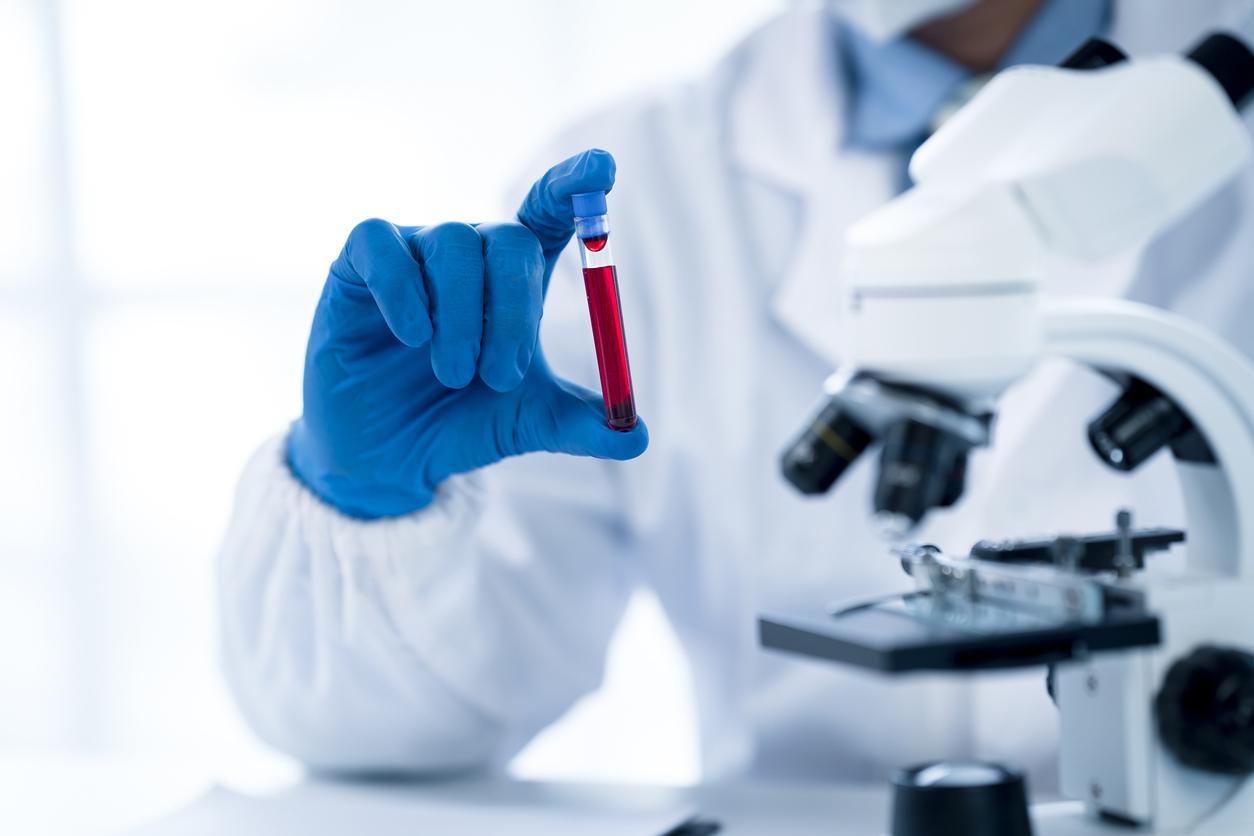
- Researchers have discovered blood markers linked to aging, making it possible to predict biological age.
- It would thus be possible to determine whether a person is aging healthy or not with a blood test.
- Researchers will continue work to determine whether this test would be as effective in young populations.
“Age is more than just a number”says lead author Aditi Gurkar, assistant professor of geriatric medicine at Pitt’s School of Medicine. “Imagine two 65-year-olds: one bikes to work and goes skiing on weekends and the other can’t climb the stairs. They have the same chronological age, but very different biological ages. Why do these two people age differently?”
The scientist decided to answer this question and highlighted blood markers of the aging of organs and cells.
A blood test to determine biological age
Professor Gurkar and her team followed 196 elderly people. They gave them tests to determine their vitality. If volunteers could climb a flight of stairs or walk for 15 minutes without resting, they were considered healthy. If they had to rest, they were classified in the “rapid aging” group.
The researchers took blood samples from the participants and then performed an analysis of the metabolites, molecules produced by the body.
“We chose to look at metabolites because they are dynamic: they change in real time to reflect our current health and how we feel, and we have the power to influence them through our lifestyle, our food and our environment”specifies the expert in a communicated.
The results published in the journal Aging Cell showed that there were significant differences between the two groups. “This indicates that metabolites present in the blood could reflect biological age.note the authors.
Biological age: 25 metabolites associated with aging
Researchers have, in fact, identified 25 metabolites associated with aging. This allowed them to develop a metabolic index of healthy aging. The latter, which requires a blood test, has been shown to be more effective than other measures of aging, such as the frailty index or walking speed, in determining whether a person is aging normally or rapidly. It was able to predict whether people could walk for 10 minutes without stopping with about 68% accuracy.
The expert plans to continue her work to see if this blood test could also be used on younger populations. “While it’s great to be able to predict biological aging in older people, what would be even more exciting is a blood test that, for example, could tell a 35-year-old that they have a biological age close to that of a 45-year-old person” explains Professor Gurkar. “This person might then think about changing certain aspects of their lifestyle early on, whether it’s improving their sleep, diet or physical activity, to hope to reverse their biological age.”







